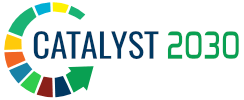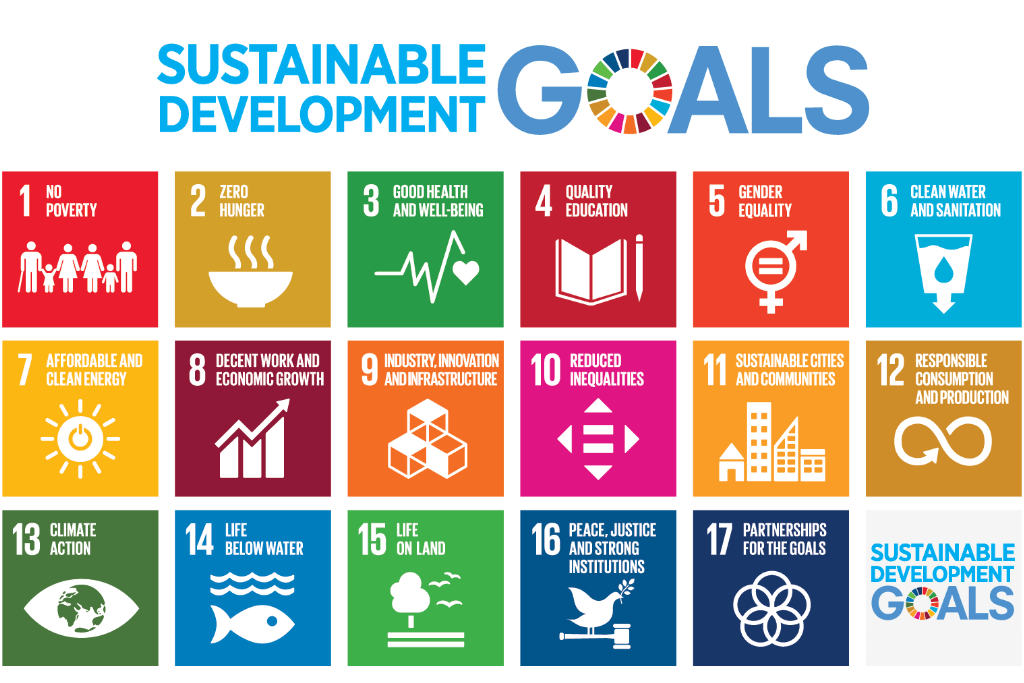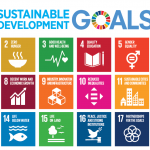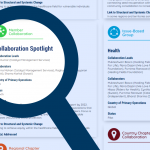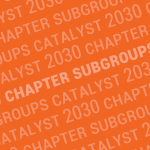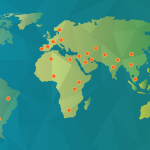The SDGs are intersectional. For example, they recognise that reducing the effects of climate change must go-in-hand with strategies that build economic growth and address a range of social needs including education, health, social protection, environmental protection and gender.
The 17 SDGs1 are as follows:
- End poverty in all its forms everywhere
- End hunger, achieve food security and improved nutrition and promote sustainable agriculture
- Ensure healthy lives and promote well-being for all at all ages
- Ensure inclusive and equitable quality education and promote lifelong learning opportunities for all
- Achieve gender equality and empower all women and girls
- Ensure access to water and sanitation for all
- Ensure access to affordable, reliable, sustainable and modern energy
- Promote inclusive and sustainable economic growth, employment and decent work for all
- Build resilient infrastructure, promote sustainable industrialization and foster innovation
- Reduce inequality within and among countries
- Make cities inclusive, safe, resilient and sustainable
- Ensure sustainable consumption and production patterns
- Take urgent action to combat climate change and its impacts
- Conserve and sustainably use the oceans, seas and marine resources
- Sustainably manage forests, combat desertification, halt and reverse land degradation, halt biodiversity loss
- Promote just, peaceful and inclusive societies
- Revitalize the global partnership for sustainable development
The SDGs are aimed at policymakers, civil society, business, academia and individuals. At the political level, they provide the framework for action to be taken by policymakers and government delegations report annually on the progress of each goal to the UN High Level Political Forum. But along with the public sector, it is crucial that the private sector and companies are involved in achieving the SDGs.
Research from the Social Progress Imperative2 suggests that the world has fallen critically behind on achieving the SDGs, with a new goal date of 2094. Along with addressing the worsening effects of climate change, the goals provide a critical framework for COVID-19 recovery. The global Catalyst 2030 organisation, along with the Regional and Country Catalyst 2030 chapters, work to develop innovative, people-centric approaches to achieving the SDGs.
